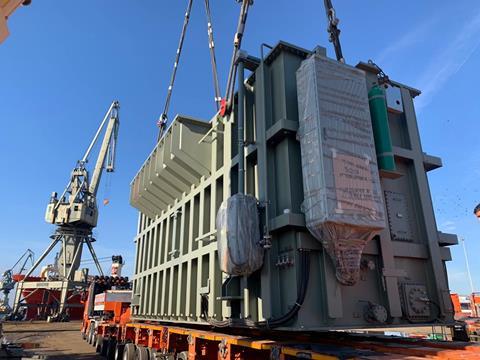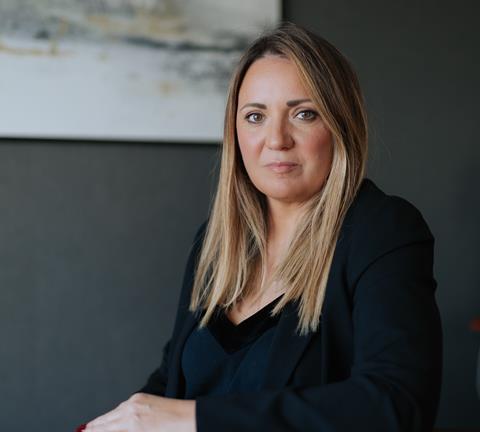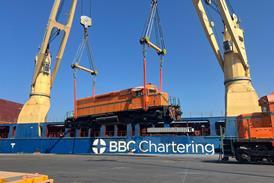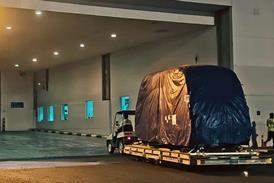There are positive moves being made by some Balkan nations to bolster connections with Greece – opening up routes for breakbulk service providers and Greek project logistics specialists.

During January, the Bulgarian defence minister Todor Tagarev cited the “mutual economic interest” between Bulgaria and Greece as he announced plans for the two nations to seek funding from international sources, including the EU and NATO, to improve transport connections between the countries. In addition to investments in its own infrastructure, the funding would be used for a major project to develop a highway between Thessaloniki, Kavala, Alexandroupolis, Burgas and Varna in Bulgaria.
Prior to that, in October 2023, Greek minister of infrastructure and transport, Christos Staikouras, sent a letter of intent to European transport commissioner Adina Valean proposing a new rail corridor connecting Greece, Bulgaria, Moldova and Romania with Ukraine, with a pilot link between Alexandroupolis, Thessaloniki, Ruse in Bulgaria and Constanta in Romania.
According to Thessaloniki-based Cosmatos Group the new mood of cooperation is providing a launch pad for its breakbulk services in surrounding countries. “Increasingly, Greek port and inland logistics expertise in project cargoes is bringing locations in Bulgaria, North Macedonia and neighbouring Balkan countries well within range,” said ceo Elisabeth Cosmatos.
She added that while expectations on both plans will be tied to political will, they catch a regional mood of concern over the integrity of supply chains, freight route diversity and the energy security of states.
With its expertise of the Greek market, and its 100-plus port authorities, Cosmatos believes it can capitalise on the increasing cooperation. “Not all of these [ports] are relevant when it comes to project cargoes, but those less familiar with the Greek market sometimes think its port story starts and finishes with Piraeus, Thessaloniki and perhaps Heraklion. That is not the case, but one reason for the perception is that many of the other ports are not ready when opportunities arise. Cosmatos makes a business of being prepared on their behalf. Domestically, we evaluate the best ports for any project in which we are involved.”

The company provides documentation, engineering manuals, load planning, lifting diagrams and detailed analysis for the ports. If the ship calling does not feature its own gear, Cosmatos said it is able to contract mobile cranes, additional lift equipment and specialised road transporters.
Another challenge, according to Cosmatos, is a lack of storage areas at some Greek ports. “We’ll need to improvise and rent ground nearby on a short term basis,” she explained, “put up fences and lighting and bring in security guards or whatever is needed to establish a secure area.”
While permitting for special loads through Greece is relatively straightforward, Cosmatos said road transport does not come without its challenges – roads are often narrow, and permission is frequently required to cut through private land to avoid height, width or other route restrictions. “Circumstances can also change. In a recent case, the shipment came two years after plans were completed – by which time one road we were supposed to use was gone and we had to find another solution.”
But with the same challenges facing other coastal states in the region, Cosmatos said that the role of Greek ports is extending northwards.
















